Wenn es um gefälschte Weine geht, denkt man eigentlich immer nur an irgendwelche chinesischen Geschäftsleute, denen für ein paar hundert Euro gefälschter Lafite angedreht wurde. Umso erstaunlicher finde ich die folgende Geschichte: ein gefälschter Louis-Jadot Pouilly-Fuissé, der – auf £5 heruntergesetzt – in einem Tesco-Supermarktregal auf Käufer wartete. Freakonomics analysiert diese dreiste Fälschung und gibt drei Gründe an, warum sich Fälschungen im mittelpreisigen Segment lohnen:
In that market, the trick might be a lot easier to get away with, for at least three reasons: first of all, evidence from psychology and neuroscience indicates that the end consumers of inexpensive or midpriced wines probably aren’t paying as much attention to the wine’s sensory qualities as they would if it were expensive. Second of all, consumers’ quality expectations are clearly lower when they pay less, so they’re less likely to complain even if the wine doesn’t meet those expectations. Third, and perhaps most importantly, there’s little incentive for any individual to sue for fraud. Unlike, say, wine collector Bill Koch, who alleges millions of dollars in counterfeit damages related to his collection alone—and thus has incentive to sue on his own behalf—even the theoretical smattering of consumers that are more or less certain the wine is counterfeit probably can’t be bothered to raise a big stink over a potential refund (barring punitive damages) of £5 per bottle.
Quelle: Counterfeit Wine Below the Radar: The Case of Tesco
Der Hauptgrund ist also: es lohnt sich. Vielleicht sollte man beim nächsten Supermarktbesuch mal auf schlecht kopierte Etikette achten?



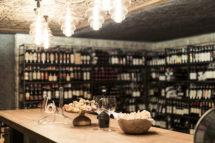




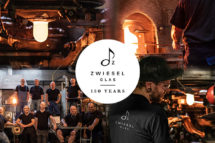
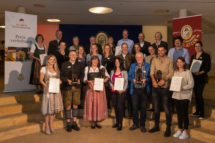


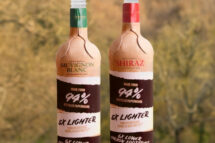

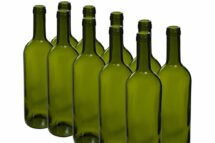
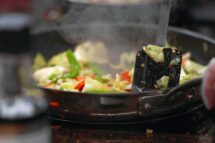






Kommentar hinzufügen